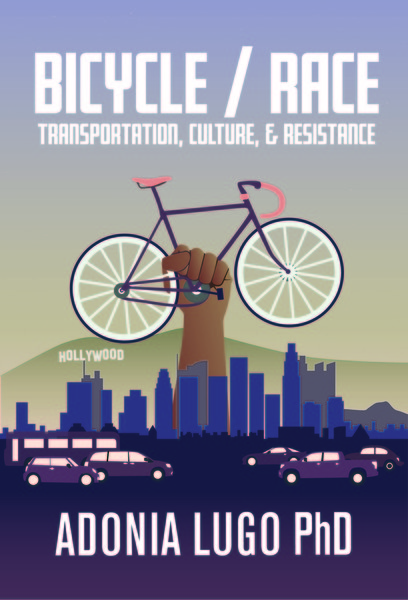Last night I went to an LA Filmforum tribute to Chick Strand, a filmmaker who passed away in July. I'd been intrigued by her bio, which includes a training in anthropology, and I wanted to see if her films could be considered ethnographic. That's a big yes.
Not only did she film a lot in Mexico (which, in the grand 19th century tradition of studying the "other" would make her work automatically ethnographic), her work paired sound and images in very evocative ways (which is ethnographic in my own reading, focusing more on ecstatic experiences than on narrative).
Her "Guacamole" (1976) moves from a market where a woman hunches under a huge side of meat, lifting it off a hook, to some dark interior where light filters through orange and red pebbled windows. Meanwhile the music's tone gets darker and darker, while a woman's voice undulates in gitano style, singing about the soul of a child. The play of light and water, droning tones.
One of my favorite shots was in "By the Lake" (1986). She shows a staircase flanked by dozens of blooming geraniums, pink and red bursts with green, vaguely geometric leaves. Some beautiful tone is building in the background, and then water starts darkening the stairs, which frees the music and it wanders.
We sat clapping in the dark for a woman who is dead. During the long pauses between films, as the projectionist loaded the next volley of images, I half expected to see this gypsy woman's form appear in the gray theater. What a strange incantation it was, since so many of her films evoke the angelic with shades of the demonic. But she stayed gone, at least to me, who did not know her.
Then when I got home people were sitting in the street enjoying a campfire. I joined them, though I'd missed the s'mores.

